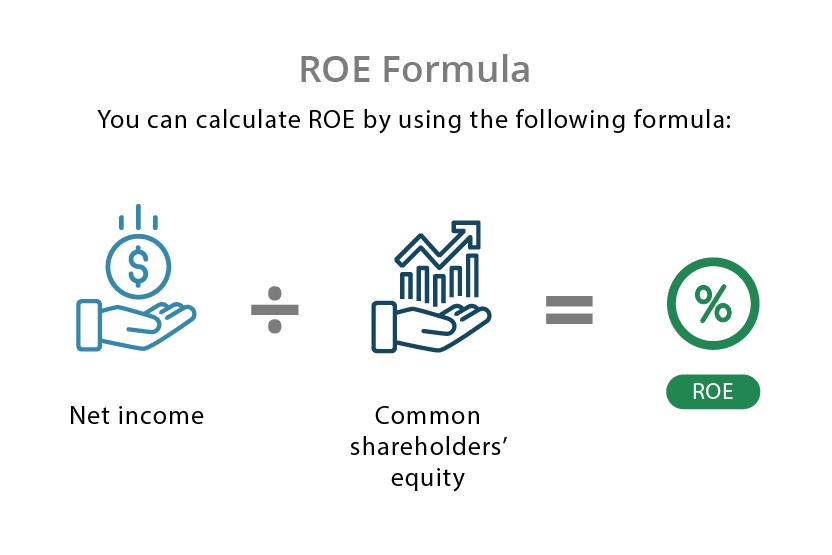A 401(k) loan is a tool you can utilize to take out cash and after that repay it in regular installations. These loans are typically interest-free. When you pay interest on them, it goes right back into your savings account, prepared for you to gain access to in the future. The downside is that you will lose out on the return that your obtained funds might have generated, had you left them in your account. If you default on any outstanding loans, the Internal Revenue Service might decide that they are not tax-deductible, increasing your income tax bill. Discovering a second house is a challenge, especially if you prepare on buying in an area you do not know much about.
They will have the ability to give you all the details you require to make a sound choice. Inevitably, you will face unanticipated additional costs when buying Informative post a second home or trip home. Things like having to renovate the home or paying a company to handle it when you're not there all eat into your returns. You might also have to pay additional insurance costs if you lease it out. Unfortunately, not everybody can afford to acquire a 2nd home upfront. The quantity that you can obtain will depend upon how much of your after-tax income already goes towards paying the mortgage on your existing home.
Taxes on second homes vary from those on primary homes. Once again, this can eat into your returns and cause you financial headaches if you don't fully comprehend it. You can't, for example, deduce second-mortgage interest from your gross income. When it pertains to financing your 2nd house, therefore, you have a lot of choices. So long as you have sufficient wealth already, you can normally generate considerable extra income from a 2nd residential or commercial property and enjoy it whenever you like. Related:.
If you decide to get another mortgage to pay for a second house, lenders will look thoroughly at your debt-to-income (DTI) ratio to figure out whether you can handle 2 home mortgage payments. A low DTI likewise works to your advantage since it assists you receive a lower rate of interest on the loan. For second homes, lenders prefer a DTI below 36%. If your DTI is high, you have several alternatives. You can pay off more debt prior to purchasing another home, purchase a cheaper home or increase the quantity of your deposit. Some lenders desire a down payment of 10-20% on second homes, possibly more if it's simply an investment residential or commercial property. First, accumulate all the costs. Not just the expenses that enter into the purchase, however the costs that might not be instantly apparent. These include your down payment and monthly home loan payments, in addition to closing expenses, utilities, real estate tax, insurance, landscaping, travel costs and other upkeep. On your primary mortgage, you may be able to put as low as 5% down, depending upon your credit rating and other aspects. On a second home, however, you will likely require to put down at least 10%. Because a 2nd home loan typically adds more financial pressure for a homebuyer, lenders generally try to find a somewhat higher credit history on a second mortgage.

Otherwise, the process of requesting a 2nd house mortgage is comparable to that of a primary home mortgage. Similar to any loan, you should do your research study, talk with multiple lending institutions and pick the loan that works best for you. Before you make an application for a 2nd home mortgage, examine your credit rating, properties and income, similar to a lending institution will. To buy a second house, you'll likely need extra cash in reserve that might cover your home loan payments in case you have a temporary loss of income. Well-qualified people most likely requirement at least two months of reserves, while less-qualified wesley financial group candidates may need at least six months of reserves.

Debt-to-income (DTI) requirements for a second home mortgage might depend on your credit score and the size of your down payment. Normally speaking, the more you put down and the greater your credit rating, the most likely your lending institution will enable a higher DTI. Some homeowners may pick to offset their costs by renting their villa when they're not using them. Doing this could break your mortgage terms since you are utilizing the property as a financial investment rather of a true second house, resulting in higher threat to the lender. To qualify as a trip or second home, the residential or commercial property must: Be resided in by the owner for some part of the year Be a one-unit house that can be utilized year-round Belong just to the purchaser Not be rented, or run by a management company You have a couple of options to consider when making a deposit on your second house.
If you have developed up enough equity in your primary home, a cash-out refinance enables you to use that equity, particularly if your home has increased in worth considering that you purchased it. Customers with good credit can normally borrow approximately 80% of their home's current value (What does leverage mean in finance). Before you go this instructions, make sure you can manage the larger monthly payment you'll now owe on your primary house. A HELOC, or home equity credit line, on your primary house is another popular choice. If you have enough equity in your primary home, you can secure a line of credit and use those funds to make a down payment on your second residential or commercial property.
Some Known Questions About What Does Ear Stand For In Finance.
Buying a 2nd home might appear tough, however if you know what to expect and review your finances, it might be easier than you believe (What is a consumer finance account). Keep these elements in mind as you think about whether you can afford a second home, and how to get a mortgage for it.